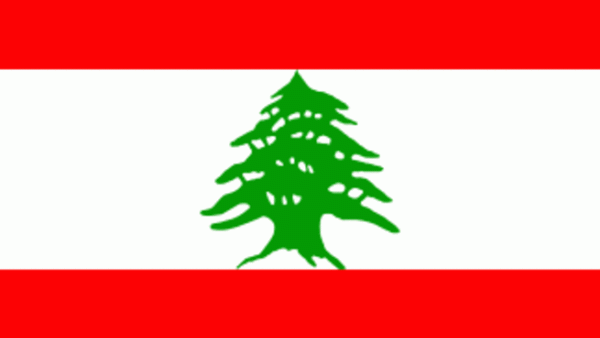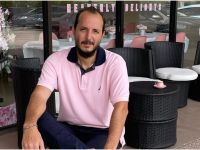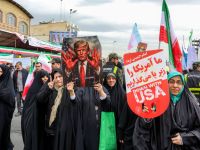Prime Minister Najib Mikati said Thursday he was confident about Lebanon’s security and expressed optimism about the future of the country’s economy, uncovering plans to stimulate Arab investment. “Lebanon was able to overcome many crises and today we are working on an economic development plan to stimulate Arab investments and promote productivity,” Mikati said at the Arab tourism and investment conference in Beirut. He also said his government plans to boost productivity and deal with the public debt crisis. “We were able to endorse the electricity plan and we have overcome all the political difficulties,” he said.
The prime minister, a business tycoon himself, said his 30-member government looks forward to approving several projects in multiple sectors, including oil and gas.
Turning to the Arab Spring without naming it, Mikati asked: “Where does Lebanon stand today from the ongoing events in the Arab world? … While Lebanon has always supported the demands of the Arab youth and the need to involve them in political decision-making, we are keen not to interfere in any Arab country.”
He pointed to Lebanon’s “remarkable achievement” in terms of high growth rates in previous years, adding that the private sector would “always be ready to put its expertise at the disposal of Arab investors.” On the global financial crisis, Mikati ruled out a solution in the near future. “It is time to upgrade the Arab economy and move ahead with projects and benefit from our resources,” he said.
Former Minister of State and president of the Beirut Chamber of Commerce Adnan Kassar was also present at the conference. He described the region as being on the fault line of the global financial crisis. “What’s happening around us in the world, in terms of dangerous development in finance and economics, happens in the shadow of deep worry about the future of international economics in the decades to come,” said Kassar.
“It’s very likely that Arab states will be in the heart of those developments and its socioeconomic developments. That’s because we are on the path of globalization which has been a fundamental component of the last two decades,” he added.
Those global economic developments will take on new meaning as Arab states get swept away by the so-called Arab Spring, or the wave of democratic transitions that have gripped various parts of the Arab world. “The effects of the global economy will have deeper effects on new Arab system that’s currently underway, even they have not yet presented themselves except as general snippets,” he said. “But the magnitude of what is happening indicates that a new role will be written for this system, and it will be the Arab youth who will make the major decisions that will affect political will and governmental policies, especially in socioeconomics,” the prime minister added.
Tourism Minister Fadi Abboud chimed in on the discussion, reminding audiences about the tourism’s importance as a generator of income, and major strides that government should take in order to take advantage of it fully. “Lebanon’s government should establish the foundations of the manufacture of tourism, which would be one of the major sources for establishing equitable development and will support economic integration,” Abboud said. The tourism minister urged the country’s government to diversify its investments in tourism.
“There are various fields that we haven’t yet taken advantage of. This includes internal tourism which has many promising investment opportunities, due to our nature locations and a diverse religious heritage. Also we should look into cultural tourism, medical tourism, exhibition tourism, known as MICE,” he said. Lebanon, he said, could further invest in air travel infrastructure. “There are real opportunities to establish airports for attracting tourists and to cooperate in regional air travel,” he added.








